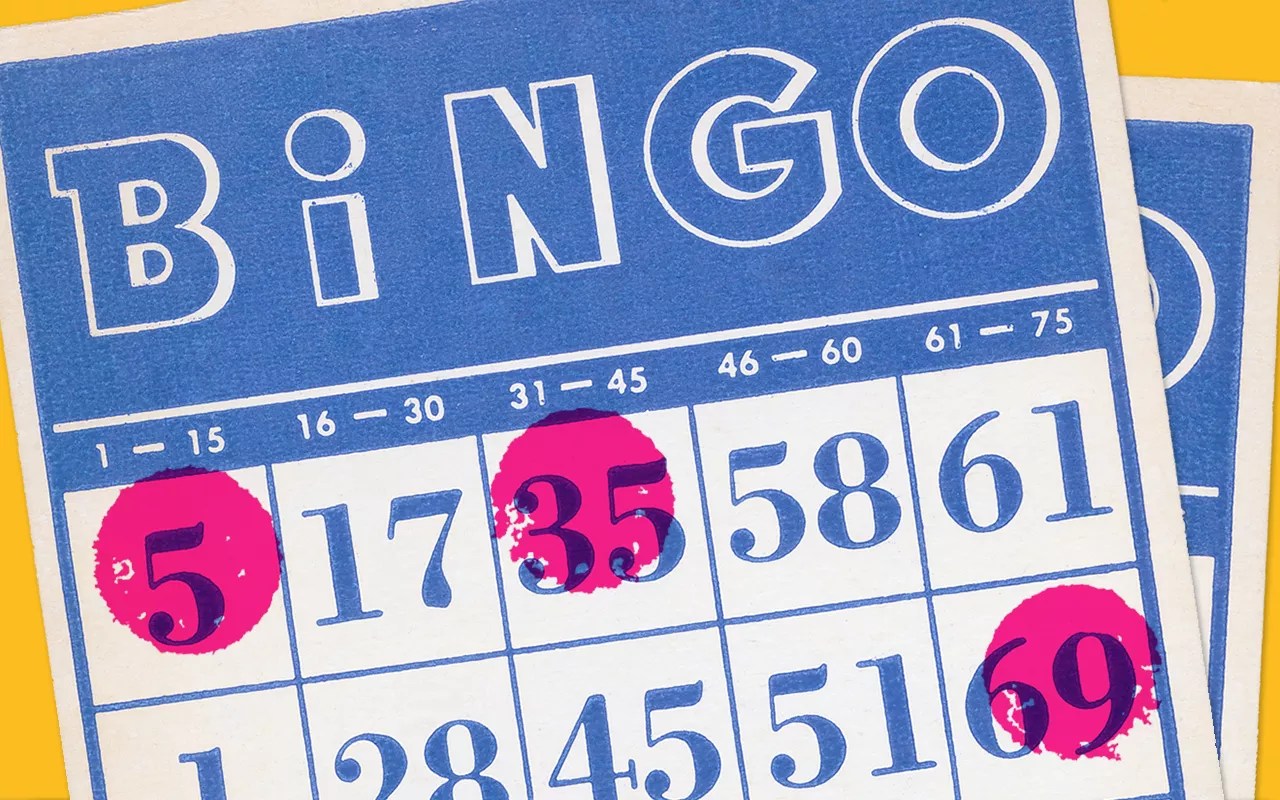
Getty Images

Audio By Carbonatix
The Colorado Secretary of State’s Office announced revisions to the state’s bingo rules that provide for a new game using bingo strip cards and electronic aids to go with it, but charitable gaming proponents say the changes are less of a bingo and more of a flop.
“It’s disappointing, to say the least,” says Richard Lemon, president of the Colorado Charitable Bingo Association. “We have a new game that was approved by the legislature and the governor. It was developed in 2022 and approved in 2022, and the secretary of state is writing rules that apply to conventional bingo from 1958.”
Lemon refers to the statewide vote in 1958 that legalized bingo and raffles, enshrining authorized games of chance and lotteries in the Colorado Constitution under Title 24, Article 21, Part 6. In Colorado, the only entities eligible for charitable gaming licenses for bingo are registered nonprofits that have existed for five or more years. The Colorado Secretary of State’s Office oversees compliance with the rules, and bingo proponents say the game under its watch is trapped in the past.
Efforts to bring sweeping changes to the rules, in the form of Amendment F in the 2022 election and Amendment C in the 2020 election, failed after facing opposition from casinos and the Veterans of Foreign Wars.
After those defeats, Lemon told Westword that the CCBA would look into smaller changes that might improve conditions – but if this is any indication of how that would go, he isn’t hopeful.
“It was all for nothing,” he says. ” It’s a lot of work, and then you get it all passed, and then these guys just muck it up with rules, which is terrible.”
A bingo strip card is a set of five bingo games. It’s like traditional bingo, but offers a draw for players because of higher prize potential and engaging designs. In a set of five cards, there are randomized free spaces, oftentimes more than one per card, as well as symbols in those free spaces and the chance for more prize money because people buy in for five games at once.
“We want to leave traditional bingo alone, let them have their $2,000 limit and not really step on any toes there, but have this separate thing so that nonprofits can offer something really special,” Lemon says.
The game is played in California to great fundraising success for nonprofits there, he adds, and the goal was to get those same permissions here. Bingo proponents asked for a $1,000-per-game prize limit and a $10,000 cap on the total prizes of the day for events that include bingo strip cards.
Instead, the new rules cap prize limits for events that include bingo strip card games to $4,000. The new rules also raise the prize limit for single games of strip card bingo from $1,000 to $2,000. However, as bingo advocates point out, that means that only two to four games could be played at one event, and if a bingo strip card game is played, the organizer can’t offer other games because of the $4,000 event limit.
As a result, bingo players won’t get the variety that the legislation was designed to provide.
In written comments submitted to the Secretary of State’s Office, bingo proponents expressed their worries at the proposed structure, arguing it would further limit charities’ ability to generate funds through bingo.
“As you know, since the start of limited gaming, sports betting, and other competitive gaming in Colorado, charitable bingo has suffered,” wrote Julie Hutchison, president of the Chelsea Hutchison Foundation, which was created in honor of her daughter and uses bingo to raise money. “Our attempts at modernizing bingo during the last two legislative sessions were met with fierce resistance from the casino lobby. If charitable bingo is to survive, we must be more proactive for charity. That means lifting restrictions that unnecessarily hamper charitable bingo fundraising.”
In addition to the restrictive prize limits, which Hutchison and Lemon both took issue with in their written comments, the secretary of state’s rules require only one free space per card, eliminating one of the defining features of bingo strip card games.
“Different artwork and style of play sets Bingo Strip Card Games apart from conventional bingo cards,” Lemon wrote. “Multiple free spaces and the use of symbols in the playing grid, reduces session time, adds incentives to buy and is necessary to make Bingo Strip Card Games fun and profitable.”
It appears their urging was ignored, and Lemon isn’t exactly surprised. The secretary of state, he says, similarly hampered the introduction of concealed-face bingo in Colorado. In that game, a caller draws 48 numbers before anyone sees their card. Then people reveal their cards and compare who has the most spaces, buying more numbers to try to compete with each other. Lemon says it’s popular elsewhere.
“The number-one bingo game in the country is legal in Colorado, but the rules that were written make it too difficult to play,” he says. “If you looked to find who’s playing concealed-face bingo, you won’t find it, because nobody’s using it.”
The rules imposed in Colorado would have required slowing the game to meet extensive tracking requirements, but the fun of the game is in the frenzy…which slowing the game prevents.
There won’t be any frenzy for bingo strip cards, either, thanks to these new rules.
“It’s kind of what they do here,” Lemon concludes.